

Video games have become a massive business. There’s a ton of money to be made, and lots of companies are trying to cash in. Yet designing, developing and supporting a title that goes beyond anything seen before isn’t easy, and it often leads to spectacular failure. Here are the five worst blunders, scandals and botched releases of 2013.
Few games received more hype this year than SimCity, and it’s easy to see why. The first new entry in the franchise to be released for ten years, the title promised to modernize city-building with attractive graphics and gameplay mechanics that computers simply couldn’t handle a decade ago. A relatively smooth beta and glowing previews elated fans who believed they would soon be diving into city-building nirvana.
Then SimCity was released and, well, it didn’t really work. Part of the title’s modernization included always-online play which promised a global market and collective gameplay, but the servers almost immediately crumbled under the load. Weeks passed before some players could reliably connect, and by then they were understandably furious.
Perhaps the servers were trying to protect us, because when they came back online, it became clear that the new SimCity isn’t much fun. Though passable at first, buggy AI, small city plots and unreliable inter-city connections resulted in a variety of (sometimes hilarious) problems. A series of patches have fixed some issues, but core problems like bad path-finding and small cities remain.
The unveil of the Xbox One was initially controversial because of its focus on television and media features rather than games, but that issue was quickly swallowed by the uproar surrounding post-reveal comments about digital rights management. As originally designed, the Xbox would axe the used market; all games, no matter if they were purchased at retail or on Microsoft’s digital storefront, could only be registered to a single console.
This was every gamer’s greatest fear about the next console generation made reality, and both rumors and facts quickly snowballed into a mass of anti-Microsoft hate that pin-balled from one online forum to the next. Sony, smartly sensing an opportunity, capitalized on its competitor’s weakness by announcing at E3 that the PlayStation 4 would not stop used sales. This was met with an almost embarrassing cheer from the crowd attending; you would’ve thought Sony had just announced the cure for cancer.
Microsoft almost immediately did a 360 (pun intended), turning their position around within weeks. But the damage was done. Sony came away looking like it cared for the consumer, while Microsoft looked like it only cared about how much money it could milk. The Xbox One is now undeniably the underdog, and will face an uphill battle to regain the momentum it lost before release.
Rockstar has always made ambitious games, but Grand Theft Auto V turned the studio’s normally high standards for graphics, voice acting and open-world shenanigans up to 11. As if that weren’t enough, GTA V was built with an online mode that plays more like an instanced MMO than traditional lobby-based multiplayer. The goal was obvious; Rockstar didn’t want gamers to play GTA V and put it down, but instead become permanently engrossed in an alternative reality of car chases, daring heists and off-road races.
Unfortunately, the developer’s lack of experience constructing an online world, along with the predictably overwhelming demand, caused GTA V Online to crash and burn the moment it went live. Players attempting to enter the world found themselves stuck at character creation or at the lobby for the first, mandatory tutorial event. Other players managed to go through, only to find the game didn’t save their progress. And connecting at prime-time remained difficult for nearly a month.
The problems were so bad that Rockstar decided to pacify players who suffered through launch with 500,000 in-game credits. Even so, it seems online play is the one area where GTA V didn’t live up to expectations. DLC content may help breathe new life into GTA Online but, for now, there are more enjoyable online games to play.

Ouya, the world’s first crowd-funded console, has seen its fair share of problems. Complaints have included a confusing marketplace, buggy controls and delayed shipping to Kickstarter backers. The most outrageous issue, however, was undoubtedly the scandal surrounding the company’s “Free The Games” initiative.
The idea behind the program was simple. Ouya promised to match any crowd-funding obtained by a developer making an Ouya-exclusive game with the obvious intent of attracting titles to the console. The only problem was an obvious loophole; there’s nothing stopping a developer from donating to their own project, and there’s no way to prove they’ve done so.
This came to head with a football title called Gridiron Thunder which, despite a relative lack of information and a disappointing gameplay video, managed to raise $171,009. The frequency of donations to the project, which tended to come in large chunks, raised further suspicion. But Ouya couldn’t prove that the developers had done anything wrong and, as such, the donations were matched.
Elementary, My Dear Holmes! wasn’t as lucky, but only because Kickstarter discovered that many donations were coming from a narrow band of I.P. addresses. The crowd-funding site pulled the plug, sparing Ouya the trouble of deciding if the funding was legit.
The fallout from the scandal saw several developers pull out of the program on moral grounds, and fans that backed the Ouya were enraged that the project they had paid money to support was now handing cash over to potential scammers. Company figurehead Julia Uhrman simply waved these complaints away, and the program continues to this day.
Re-inventing a franchise with an entrenched fan base is always a difficult task. The old fans expect more of the same, but often what they’ve come to love also turns off newcomers. This was undoubtedly true of the X franchise, a series of space sandboxes with almost endless content but an incredibly confusing interface.
X: Rebirth promised to re-invent the franchise, and on paper, it ticks all the right boxes. Improved graphics? Check. Controller support? Check. Better interface? Check. There’s just one small problem; the game is broken.
Egosoft is no stranger to buggy releases, and the developer has a reputation for a patch-it-later attitude as a result. X: Rebirth takes that to a new level, however, with broken story missions, an assortment of graphical glitches, and show-stopping crashes. Buying X: Rebirth is a gamble, as there’s no guarantee you’ll be able to play it.
And while the interface is more intuitive than before, it is also more time consuming. X: Rebirth has turned into an endless series of chores as you bounce around the galaxy doing menial tasks like selling salvage or harvesting asteroids. Though it may look beautiful, don’t be fooled; this is a contender for worst game of 2013.
2013 has been an interesting year for blunders. The release of new consoles, along with the continued push for online features and connectivity, provide the potential for innovation. But, as usual, turning opportunity into reality isn’t easy.
What’s your favorite blunder of 2013? Let us know in the comments.
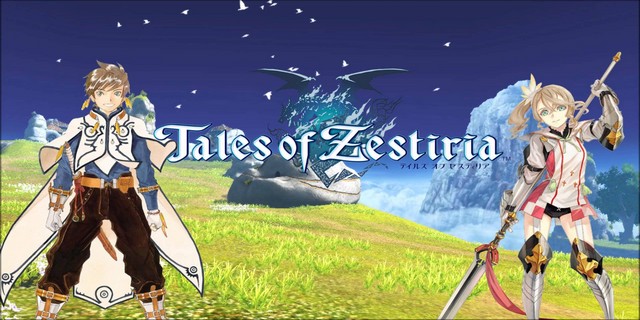
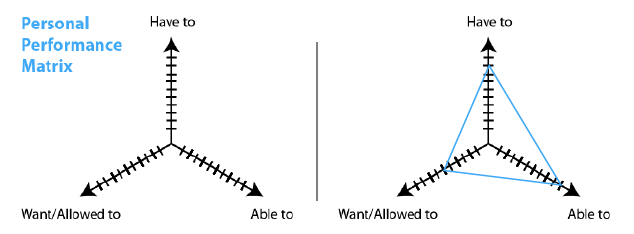
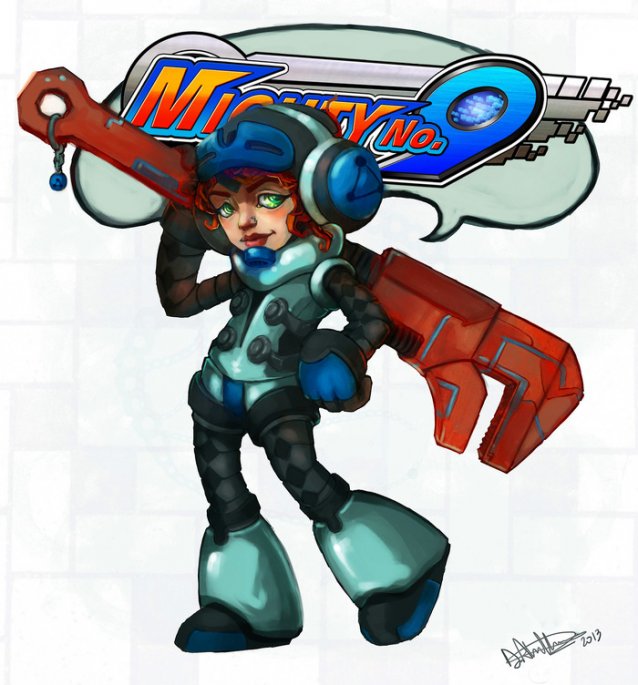

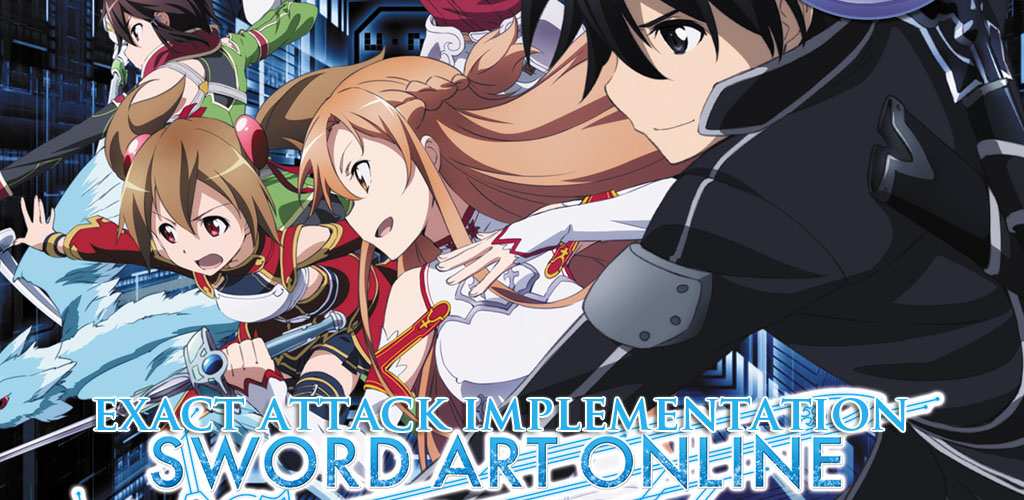 Sword Art Online RE: Hollow Fragment: Exact Attack Implementation Guide
Sword Art Online RE: Hollow Fragment: Exact Attack Implementation Guide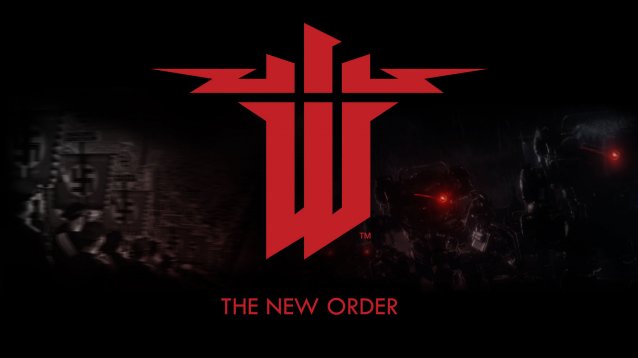 Wolfenstein: The New Order Wallpapers in HD
Wolfenstein: The New Order Wallpapers in HD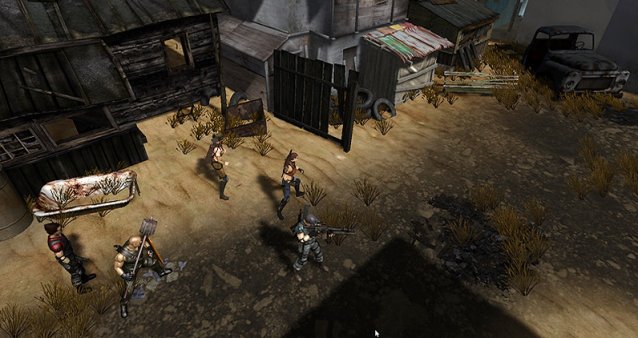 Graywalkers Purgatory Interview: On Returning To Kickstarter, Wasteland 2, and more
Graywalkers Purgatory Interview: On Returning To Kickstarter, Wasteland 2, and more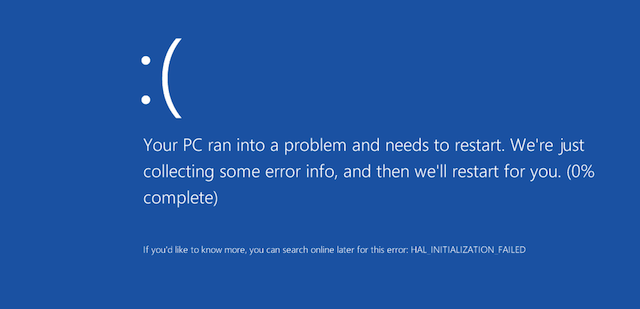 How to Manage Windows Update in Windows 10
How to Manage Windows Update in Windows 10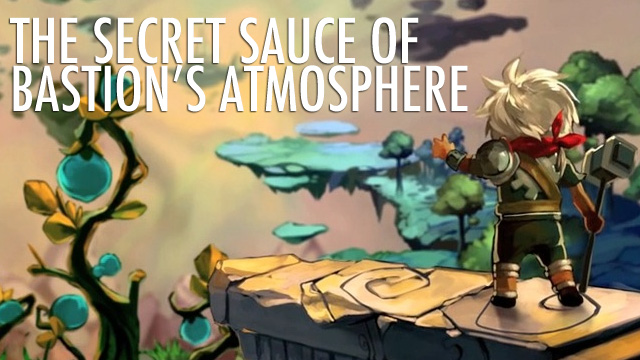 The Secret Sauce of Bastions Atmosphere
The Secret Sauce of Bastions Atmosphere